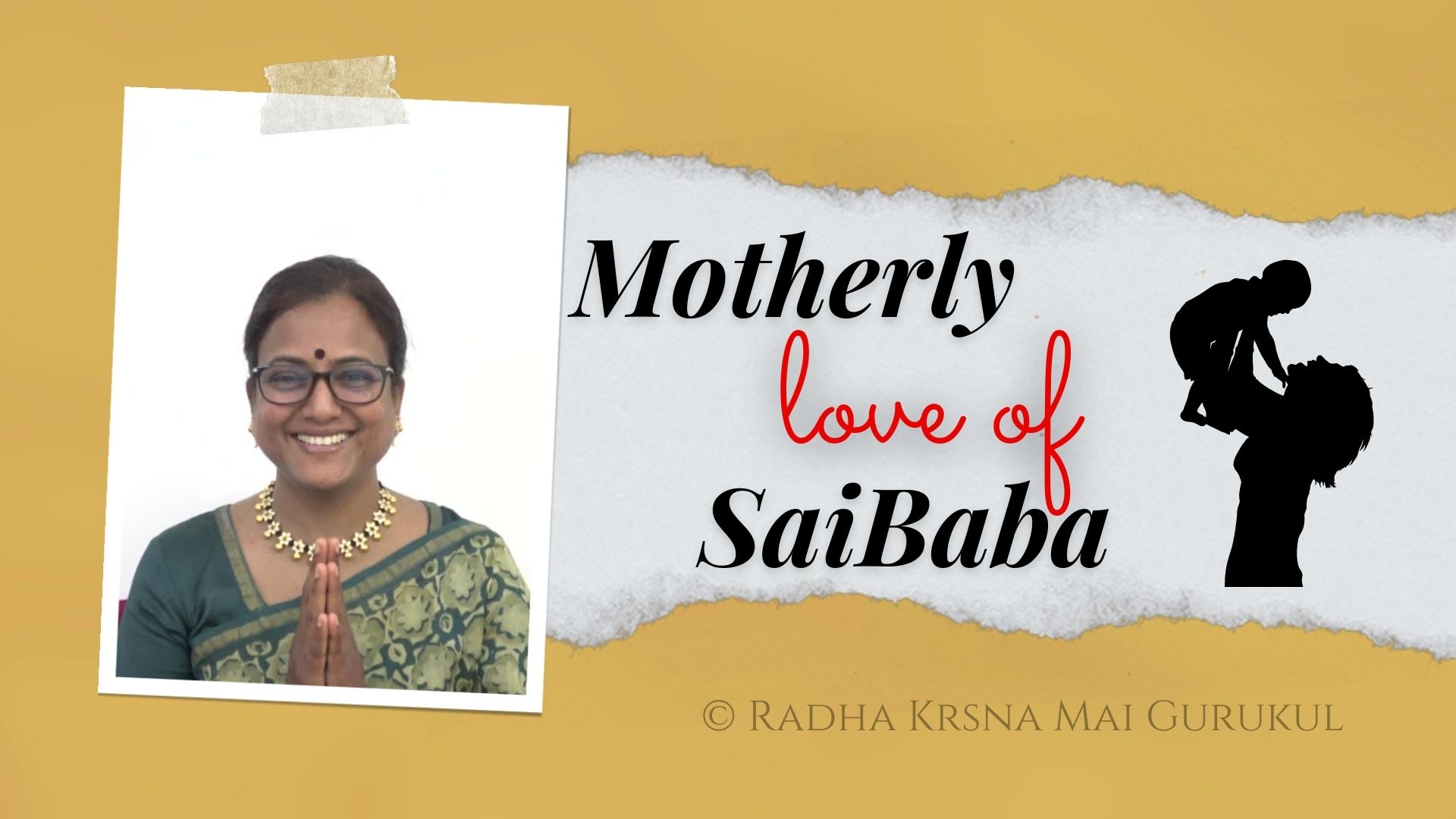Who is this Rohila, and how does Saibaba use Rohila to impart spiritual knowledge to the villagers.
In this episode, I will be narrating a story from Chapter – 3, how Rohila the Pathan was greatly attracted and drawn towards Saibaba’s divinity when he came to Shirdi. So for many days, he stayed in Shirdi, during which time there grew intense love and devotion for Saibaba in his heart.
The Rohila, tall and well-built, strong as a he-buffalo in his physique, and behaviour, quite unrestrained and self-willed, he would heed no one came to Shirdi, wearing a long Kafni (robe) and being enamoured by Saibaba stayed at the mosque. By day and night, in the mosque or in the Chavadi (village hall), he fervently recited the Kalmas (verses) from the Koran at the top of his voice whenever it pleased him to do so. Saibaba himself was peace incarnate, but the villagers were growing very weary. Even at midnight, his clamour continued disturbing everybody’s sleep. By day they toiled in the fields under the scorching sun. But even at night, there was no peaceful slumber. It vexed the people in the extreme.
The villagers silently suffered this nuisance for some days, and when they couldn’t withstand it any longer, they approached Saibaba, but Baba took no notice. On the contrary, it was the villagers whom he upbraided, saying, ” Do not harass the Rohila; he is very dear to me. It is the wife of Rohila who is dissolute and cannot stay with him. Hence this termagant, this shrew is eager to give him the slip and come to me. The wretched woman is without modesty and shame. Even if she is driven out, she forces her way into the house. The moment Rohila stops saying the Kalmas, she comes back again. But when he continues his clamorous recitations, she flees, leaving him pure of body, mind and speech, which is incredibly conducive to my peace and happiness.
With the natural gift of a rattling voice, Rohila regularly and unceasingly kept on proclaiming, “Allah-Ho-Akbar” (God is Great) and the Kalmas with great pleasure. Saibaba was very much pleased with the Kalmas; that day and night, he listened to them. Sleep being poison compared to the chant. But, Saibaba said, “where the superior wisdom of Kalmas and where the petty complaints of the villagers! It was really to bring the villagers to their senses that Baba made all this pretence.
The philosophical significance of Rohila’s Story – Saibaba said, “I am the Mother of this Universe and all the beings therein; I am also the point of equilibrium of the Trigunas, I alone provoke all the senses, and the Creator, Sustainer, and Destroyer of this Universe.” In fact, the Rohila had no wife, and by his wife, Baba meant ‘Durbuddhi’ (evil thoughts). However, as Baba liked prayers and cries to God better than anything else, he took the side of Rohila and asked the villagers to wait and suffer the nuisance with faith and patience, which would abate in due course. To one, who sees only the divine spirit in the perceiver, the object of perception and the act of perceiving, all are equal – a Brahmin, or a Pathan, or anyone else. Saibaba also taught that if one wants to be absorbed totally at the Lotus Feet of the Guru, they should sing the Guru’s praises, perform bhajans and kirtans of the Guru’s leelas or in the least listen to such a story with a devout mind. Thus, while fully engrossed in the day-to-day worldly life, if perchance a saint’s story comes to the ear, it by its very nature benefits the listener without any effort on their part.
With the Grace of my KrsnaGuruji, I have been able to pen this most wonderful story from Sai SatCharita in a string of words. Thank you for reading, and do watch out for my next blog about “Saibaba’s Sweet and Nectar-like Words.”




Leave A Comment